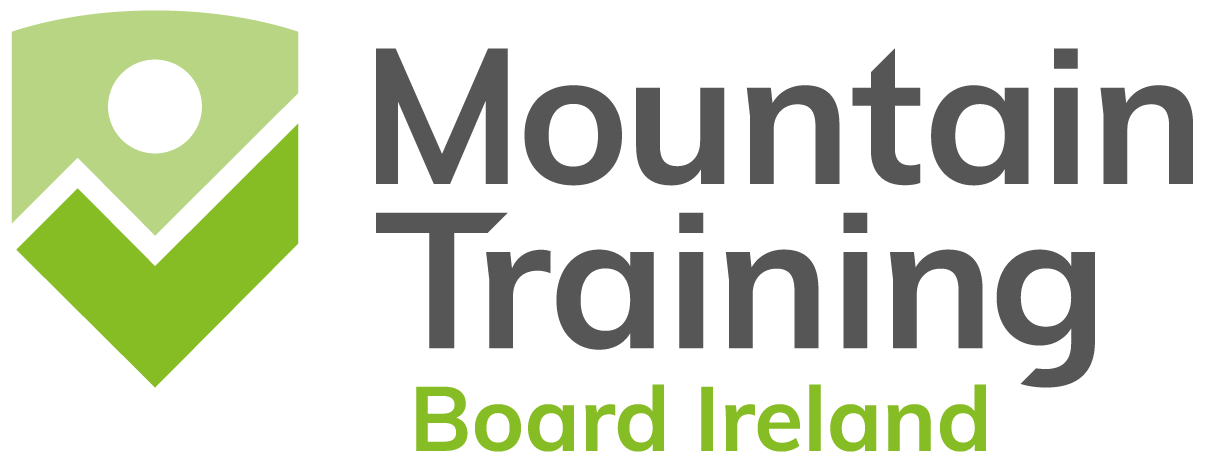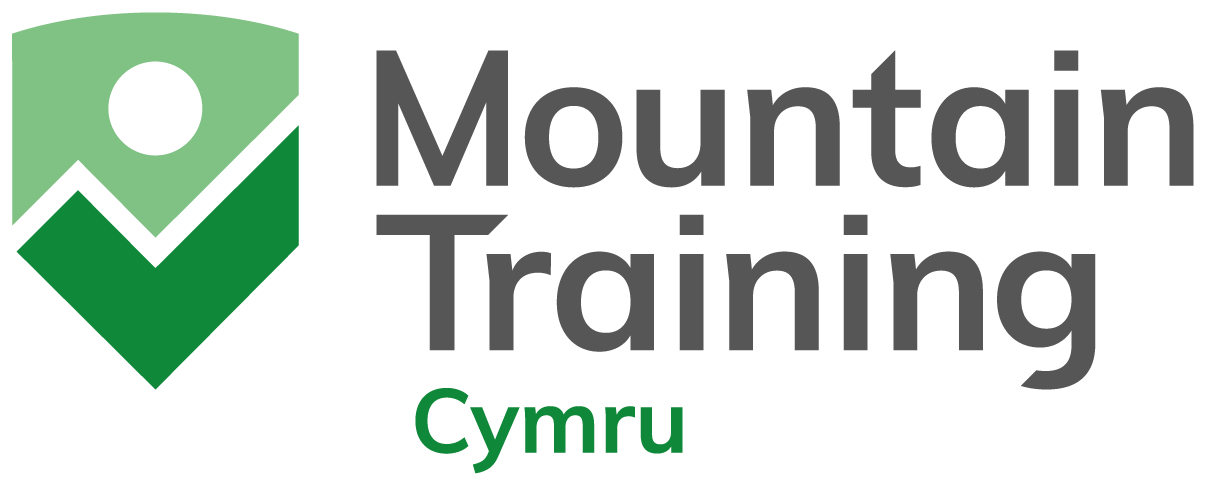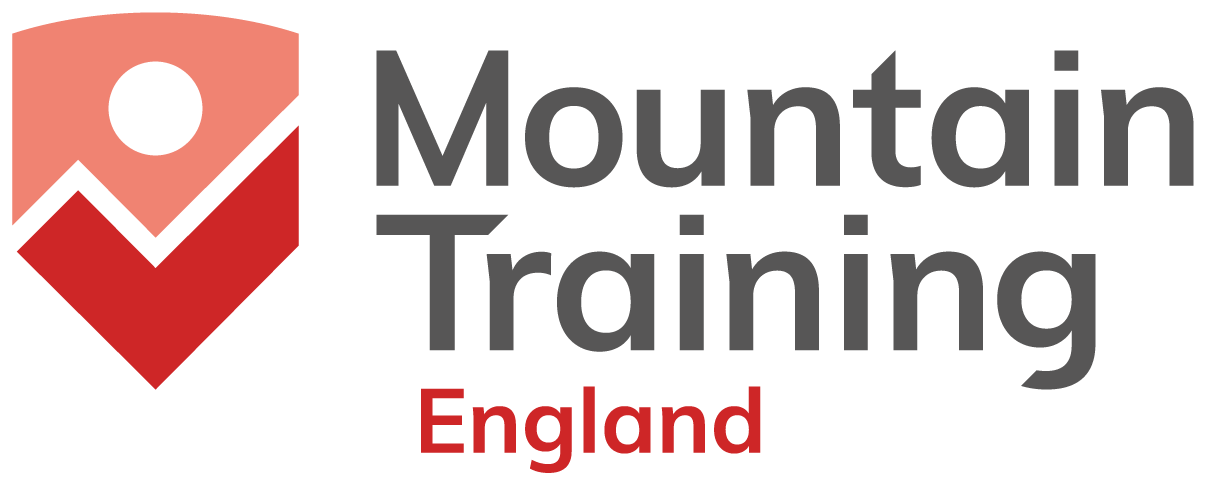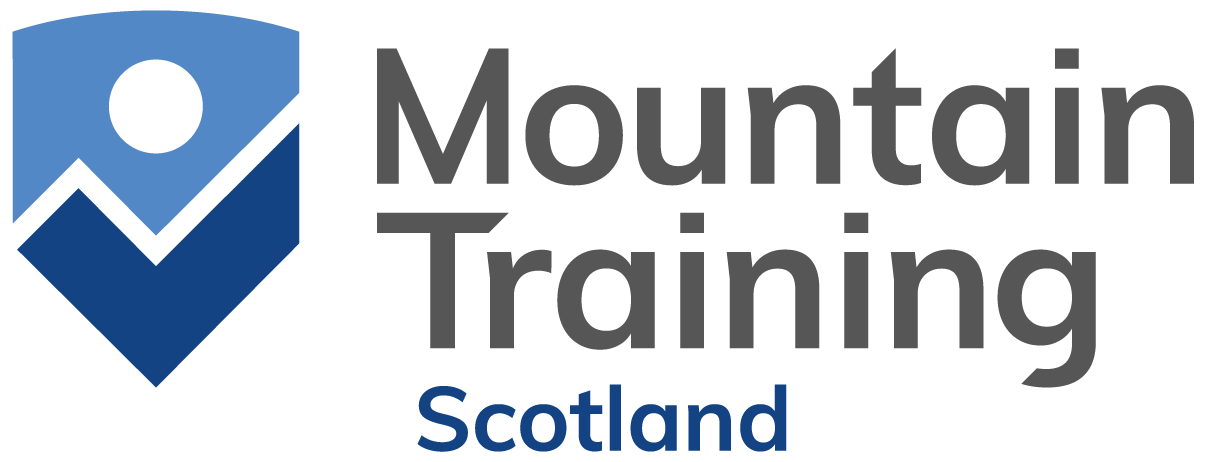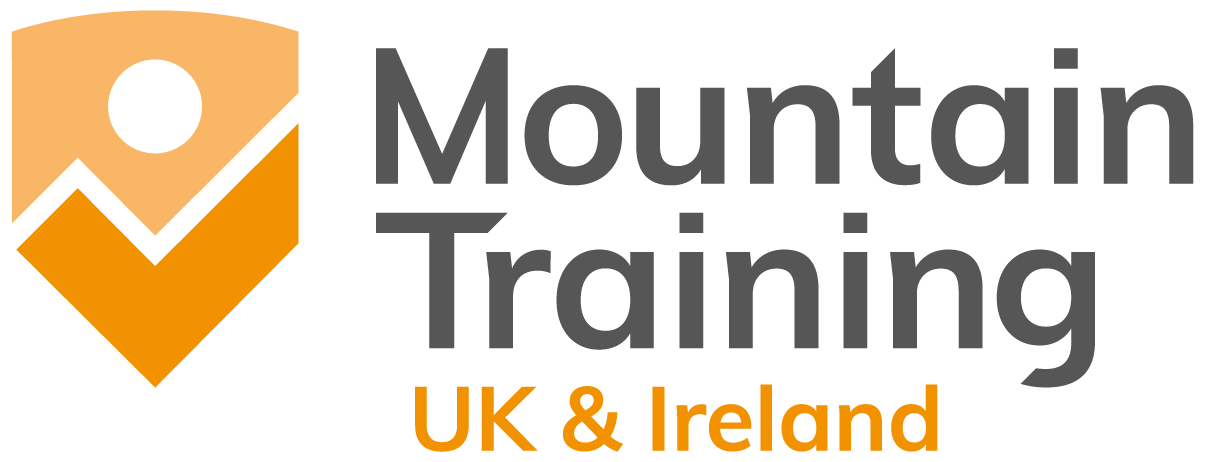Performance Coach 2024 cohort complete training
12.02.25The second half of the Performance Coach training included the third Core module which focused on reviewing their practice, and the psychology-based Mental Skills Training. After spending some time with GB Boxing during the first half of the course, this phase saw the group visit the home of GB Aquatics (diving) in Sheffield.
Mental Skills Training
Two online sessions delivered by:
Emma Wood (Trainee Sport and Exercise Psychologist)
+ One in-person day at Ponds Forge delivered by:
Emma Wood, Tom Greenall and coaches from Aquatics GB (Diving)
Mental skills are a crucial element of any sport and knowing how to train people to develop their mental skills is therefore an essential component of coaching at a performance level. Through this part of the course, the group looked at what optimal psychology looks like in climbing, how this relates to the coach and what the limitations are of a coach in this sphere - when should a coach not intervene? Performance and competition are closely linked and as many of the trainees are involved in coaching climbers in a competitive environment, the mindset that competition requires was explored.
Emma Wood supported Aquatics GB diving athletes at the Paris Olympics and through her connections the group were able to spend some time at Ponds Forge International Sports Centre, being coached by professional diving coaches. Managing fear, anxiety and arousal levels is common to diving and climbing so the opportunity to experience how this is approached by a different sport was really valuable for the group. Some even managed to jump from the 10m platform!
“I found both the Mental Skills and the final in-person day of Unit 3 (led by Emma Wood and Guy Davenport respectively) were some of the most instantly applicable and relevant modules we covered. This is true for me both in a personal as well as a professional context, as the head coach of a youth squad.
“I feel inspired and empowered: a huge breadth of knowledge and experience was conveyed without it feeling unrelatable or unattainable. This is in part due to the timeline of the Performance Coach training journey culminating in these modules.
“Additionally, the expertise of the course delivery team (and fellow cohort attendees) was very clear; I feel very grateful and fortunate to have been on board.
“Thank you to the Mountain Training team and all involved! I came on the course incredibly motivated, and the psyche is sky high today :)”
- Tim, 2024 Performance Coach trainee
Core Unit 3: Review and reflect
Delivered by:
Guy Davenport (Head Coach, White Spider Climbing Centre)
Tom Greenall (Mountain Training’s Climbing Development Officer and ex-GB Climbing Head Coach)
The final training day took place at White Spider Climbing in London and looked at the role of a Performance Coach in creating a performance environment and culture. The group discussed key roles, codes of conduct and professionalism, connection, mindset and behavioural change. They also considered how to implement reflective practice for their athletes and for themselves as coaches, and linked back to the first module with further exploration of testing, monitoring and goal setting.
“It has been a real privilege to meet a range of different people working at the top of their game within climbing and from other sports. Seeing how other sports, often decades ahead of us, develop and coach future participants has been eye opening. The different modules have been a brilliant opportunity to deepen understanding, challenge inherited practice and develop one's specific interest within such a deep and broad activity as climbing. Importantly, for such a broad qualification, the course has been a platform to meet and share ideas with other coaches over the past 5 months. This network has really underpinned the learning helping to adopt new knowledge into practice and hopefully conversations will keep going for the foreseeable future.”
- Ben, 2024 Performance Coach trainee
“I recently delivered the final module of the Performance Coach training. The session was designed to consolidate their learning from previous modules while equipping them with advanced techniques and strategies to enhance their coaching practice.
“The content focused on key aspects such as the role coaches play in long term athlete development, effective communication, reflective practice and fostering and developing coach to athlete relationships. We incorporated a mix of theoretical discussions and practical activities, including role-play scenarios and group exercises to help the cohort apply these concepts to real-world situations.
“Throughout the module, the group demonstrated a strong understanding of the material, actively engaged in discussions and contributed valuable insights from their own experiences. I provided individual feedback and facilitated reflective exercises to encourage deeper learning and self-awareness.
“By the end of the course, I felt that all of the coaches had grown individually but had also developed a strong bond with each other. Their enthusiasm and commitment were evident, making this final module a fitting conclusion to the program.”
- Guy Davenport, Head Coach, White Spider Climbing Centre
